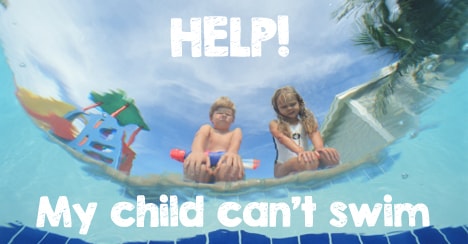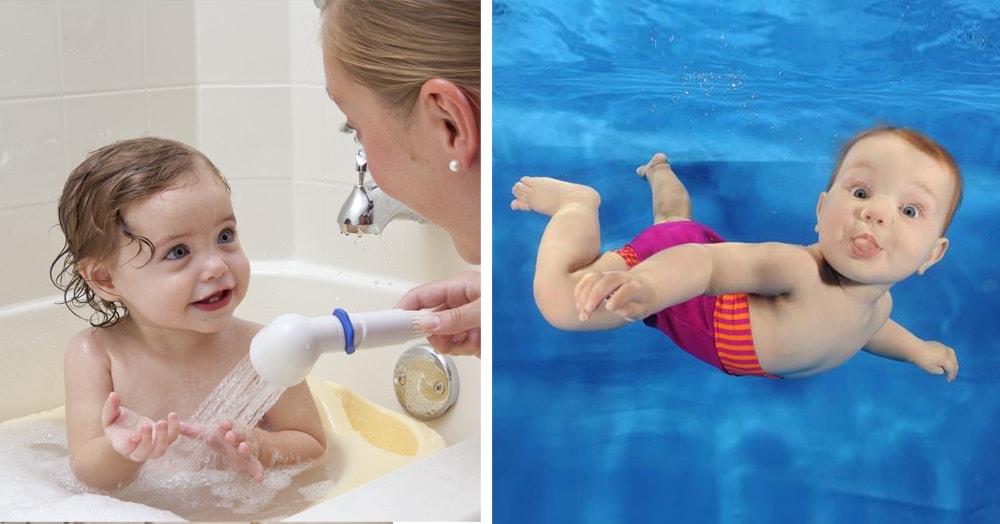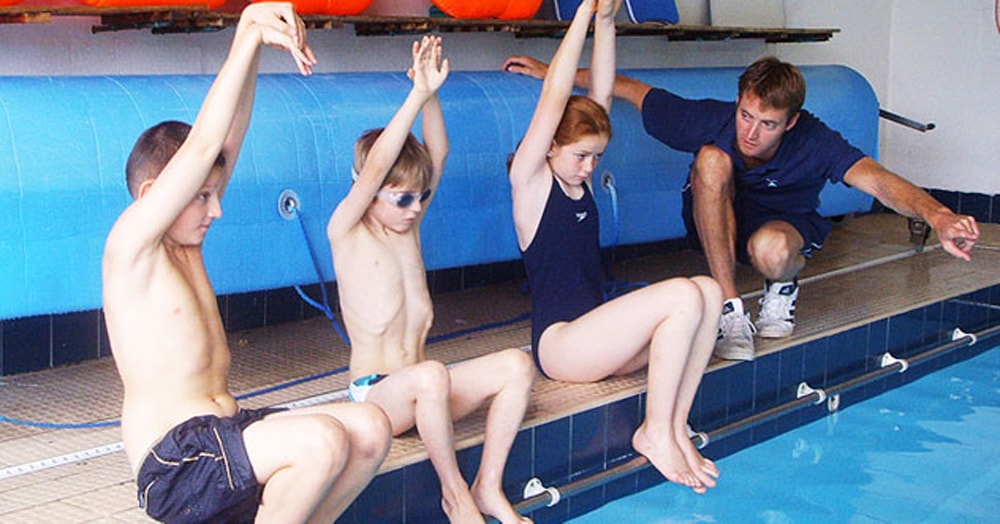Drowning Prevention Week- Help My Child Can't Swim
Posted on 24th June 2015


We receive numerous letters each month at Splash Towers from mums and dads who’s children can’t swim. The ages range from the very young non swimmer who hates the water at just a year old, right through to the older child, who at 11 still isn’t able to swim and has slipped through the school “learn to swim” program. These parents are rightly deeply concerned about their children’s lack of swimming progress. It is however far more common than you might think. Many children just don’t like the feel of the water and therefore don’t go in the water enough to learn how to swim. So if this sounds like you, read on, you are not alone.
According to the ASA (Amateur Swimming Association) over 1 in 3 children don’t hit the target of being able to swim 25 meters, which is one length of a standard pool by the time they leave primary school. At this age it becomes much harder to engage children in learning to swim lessons as they feel embarrassed in front of their peers. When this happens it is more likely than not, that they will simply fall off the radar and reach adulthood never being able to swim.
But if you are a parent of a baby or young toddler that hates the water you may feel you don’t have much say in the matter, you can force them into the water yes, but you can’t make them like it! Even babies know what they do and don’t want, and a screaming toddler poolside isn’t exactly a relaxing afternoon out. We hear you!
It’s vital that you don’t ever give up on your child, even the ones that hate the water need you to take control and support them, as we say to parents almost daily, teaching your child to swim is one of the most important lessons you will ever teach them. Helping them to learn how to save their own lives in the event of falling into water, or getting into difficulty whilst being in water is a vital life skill, like getting dressed or going to school. You just have to do it.
So, now we’ve nagged you, how can we help you? … Well, we think we can, it may take patience, ear plugs and practice, but you will get there in the end.
Babies age birth to 4 years of age.
The ASA receive letters frequently telling them that some child or other is about to be the next Olympic champion but actually experts in the field are reluctant to call what this age group do in water Swimming. They call it Pre fundamental swimming which essentially means, learning how to float and move in the water.
Many children of this age group will indeed be able to doggy paddle, float on their backs and tummies and stick their heads underwater without adult help, but many more won’t and don’t perform any of these early skills. If your baby/ toddler hates the water you will certainly know about it. They are likely to scream, tantrum and grab hold of anything in an attempt to not actually go in the pool. It will be fairly obvious. For those that do react in this way it’s very important to start swimming outside of the pool. Yes, I did say outside of the pool.


The bath is the perfect place to start getting the hang of things, it’s warm, it’s enclosed and they can feel solid ground beneath them. Start by helping baby to lie on their tummy with you supporting their chin and under their legs, so they begin to feel water all around them. Gently move them up and down the bath and don’t worry about splashing, in fact the more they splash the better, especially if they get their face wet. Practice and lots of baths, will help the baby or toddler who is scared of water. For older toddlers fill up a paddling pool with warm water in the garden and do the same thing, use toys, bath books, watering cans and sponges to make splashes and help them understand they have nothing to fear, it’s a good idea to get them used to floatation products now as well so let them play in a float jacket or float suit to get used to how it feels. Introduce pool visits slowly but take the same toys and float jacket/ suit with you. The familiar toys and outfit will help them feel more at home in the water.
At this age, being happy and comfortable in the water is what you should be aiming for. Formal swimming lessons don’t start until a child is 4, but do always enroll them in formal lessons at this age, because learning from a qualified teacher is proved to have better results. Remember to make swimming part of your every day life and not something you do once a year in a school holiday. Being very familiar with the water will help them learn to enjoy the experience rather than dread it.
Children aged 4 – 11
By the time children start school they are ready to hold lengthy arguments about why they can’t or don’t want to do things, this includes eating green food and also sometimes swimming. It’s much harder persuading a 9 year old to go into a cold pool than it is a baby! You need to remember that these small humans have valid opinions and their fears and sometimes panic, needs to be discussed with them carefully.
Maybe they have had a bad experience at the pool previously, are body conscious or perhaps they have simply developed a fear of the water (don’t we all have silly fears sometimes?) whatever the problem is take time to talk to your child and work through these fears. Explaining that whilst you take on board their comments it is still something they need to conquer and that swimming is a vital but also fun skill.
Before you take them to the pool make contact with reputable swim schools in your area and discuss the problem with a sympathetic teacher. Good swimming instructors will be able to set your mind at rest and will spend time talking to your child poolside before attempting to get them wet. This is important because your child will need to build a relationship with them based on trust. These professional instructors will have seen it all before and will be able to calm any fears and inspire your child into the water.


Make sure you communicate any fears over swimming your child has with their school, regardless of their age. It may be that you can arrange for your child to be exempt from these school lessons until they have found their swim legs in formal lessons outside school. There is nothing worse to a child than looking like an idiot and feeling inadequate in front of their peers. So don’t force it. Regular lessons with a good instructor will solve the problem. Once your child has developed some swim skills introduce regular play sessions at the pool so they also get used to informal swimming, this will improve their outlook on being in the water and hopefully they will learn to have fun.
Be patient, sometimes it takes much longer than you envisaged for children to learn how to swim and learn how to enjoy swimming. Just stick with them, it’s something they will always thank you for..… eventually!
